There are many reasons why people move after retirement. These could include:
- Living closer to family members
- Moving to a smaller home or a home with no stairs
- Moving closer to good health care
- Choosing a retirement community
- Choosing a communal home
- Selecting an extended care program
- Moving because of seasonal weather conditions
- Following a dream and moving to a boat or near a golf course
- Choosing an area with improved cost of living
- And others!
Choosing Where To Live After Retirement
Deciding where to live after retirement can be pretty complicated. It’s important to truly understand the reasons for moving before making your choice. Do you want to be closer to a sibling or your children? Are you following a lifelong dream to move to a warmer climate, or to a boat, or next to a golf course? Once you understand the basis for your choice, it will be a little easier, though still stressful.
Mary Ann Lawroski, a home economist with the University of Idaho, has written an excellent document, Where to live After retirement. She provides a checklist to help you make the best decision for you and discusses the pros and cons of different possibilities.
Moving Can Be Surprisingly Stressful
Moving involves a lot of detail and big changes. Even when a move has been planned for a long time, it can be disturbing to actually take the steps. Dr. Scott Sindelar is a Scottsdale, Arizona Psychologist, author, and expert on stress, fear and anger. He says there are four major reasons for stress when we move.
“Security Alert, our homes provide security and when we make a move we are giving up known levels of security and trading them for unknown security.
“Memory Triggers, as we pack up our years of accumulated belongings, we are also forcing ourselves to review our lives.
“Reprogramming Blues, once we have lived in a home…we become used to where we keep our things. When we move, we have to find and remember new locations, subtly adding to our stress and causing fatigue.
“Support System Sacrifice, our old community provided obvious and hidden supports. We learned the locations and hours of the local grocery stores, pharmacies, hospitals, religious and school institutions. We developed some acquaintances and friendships. In moving, we lose those support systems and have to find replacements. More
Dr. Sinclaire can be reached at DrScott@WorkingResults.com and through his website at http://www.WorkingResults.com
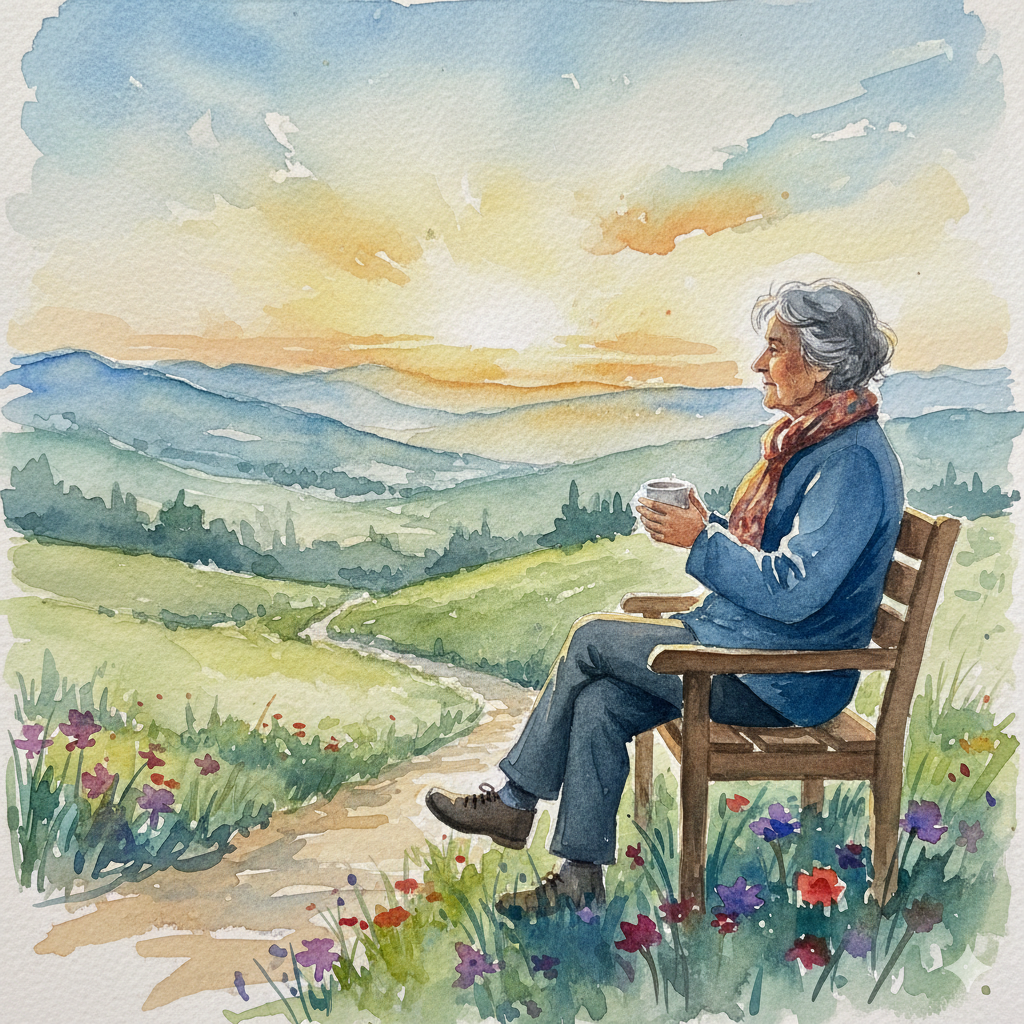
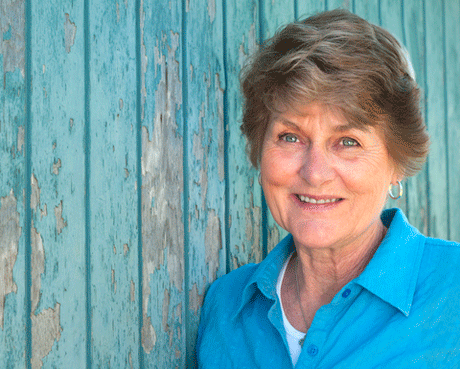
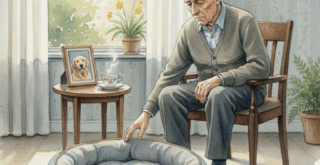
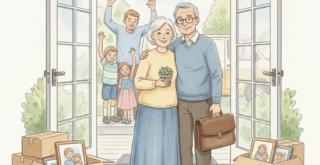
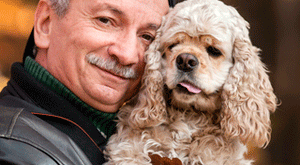
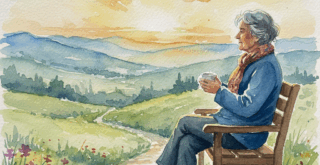
Leave a Reply
You must be logged in to post a comment.